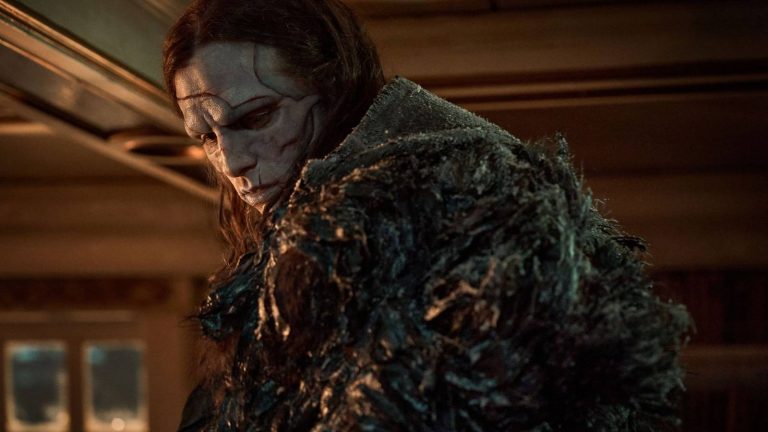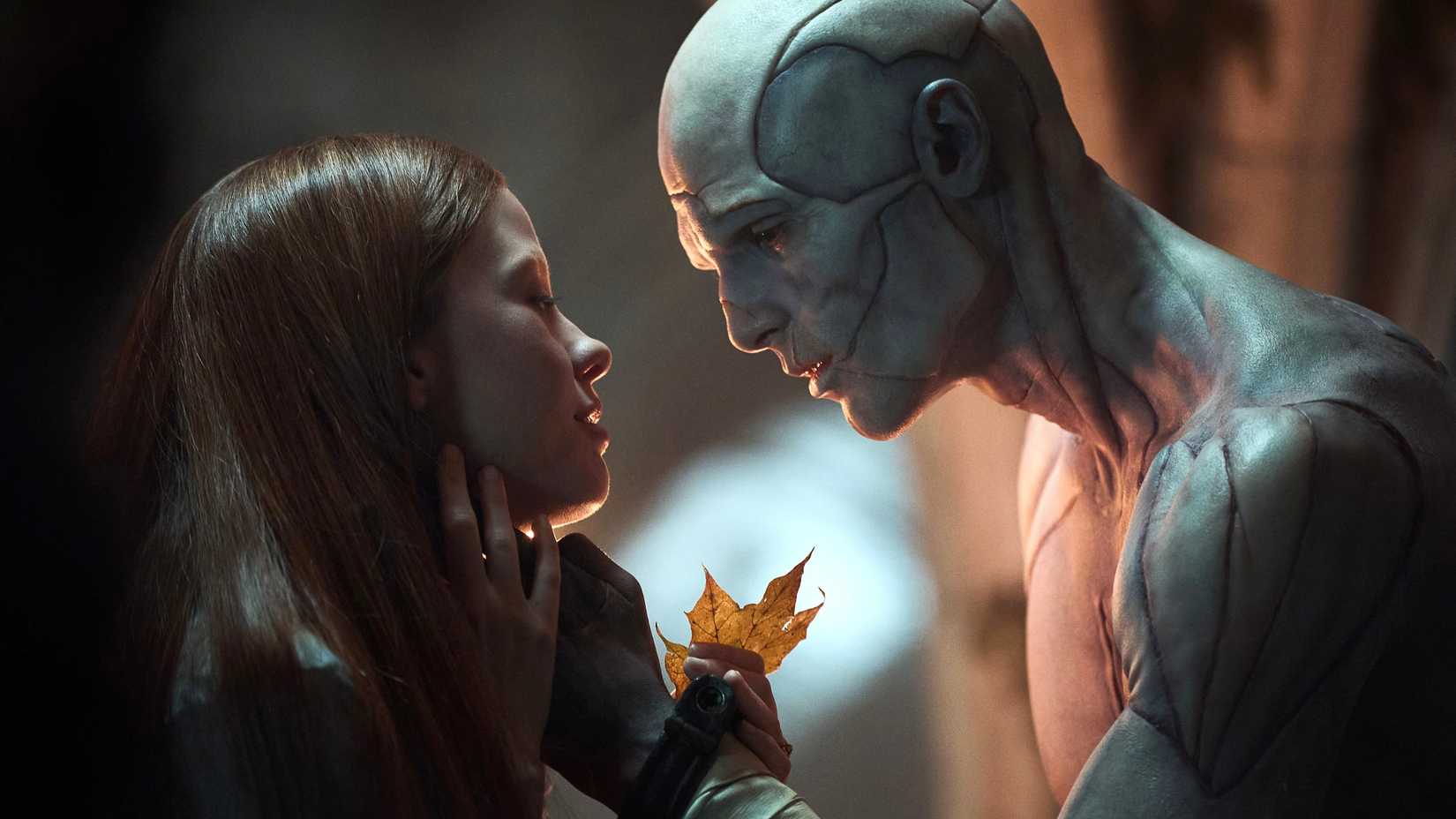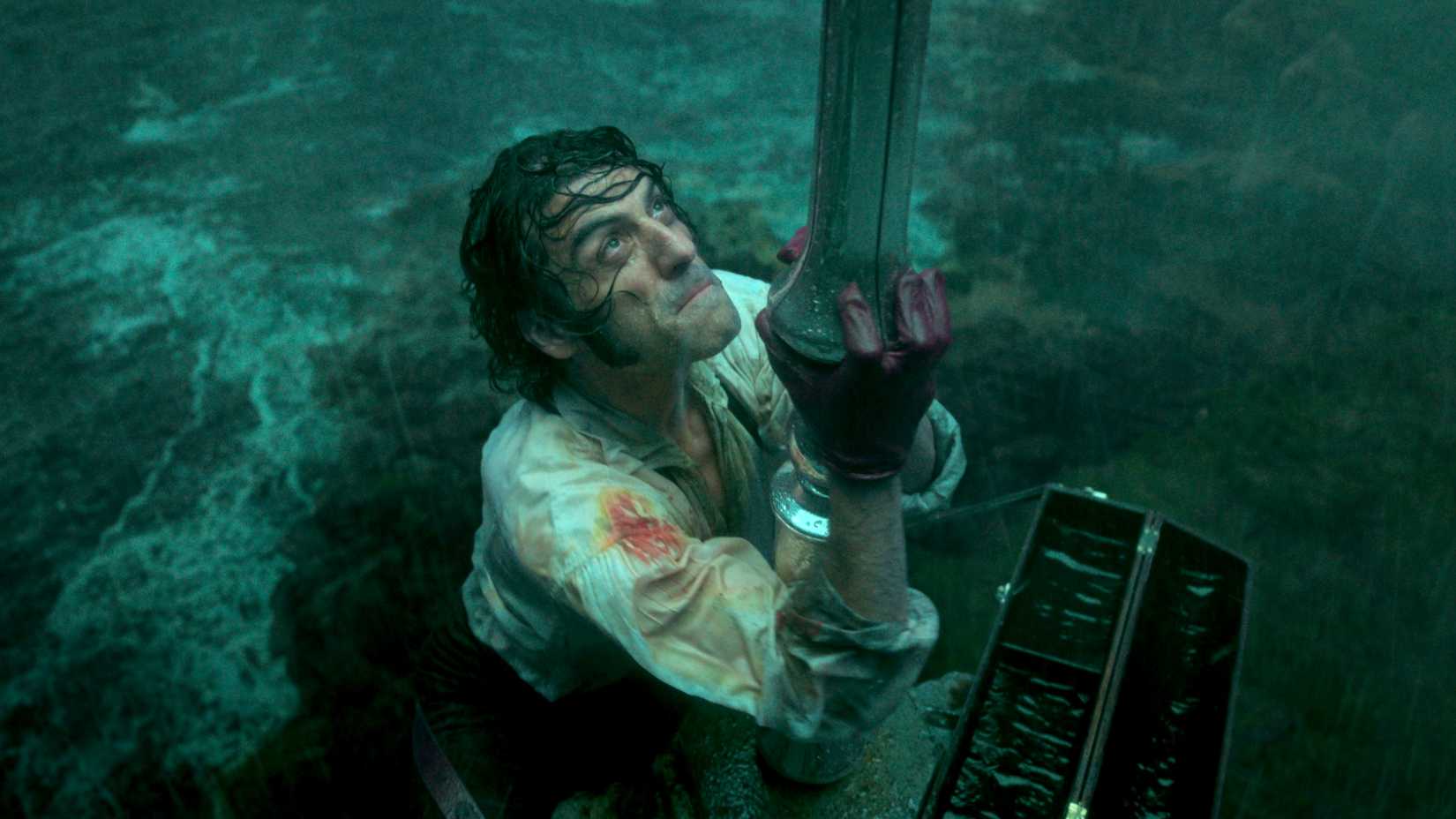Guillermo Del Toro’s Frankenstein is finally out in theaters, and despite all my excitement for the adaptation by one of my favorite Gothic fantasy filmmakers of all time, I came back from the theaters with a sense of disappointment. Guillermo Del Toro’s Frankenstein adaptation is faithful to the book, but it leaves much more to be desired in its wake.
Oscar predictions for Netflix for Frankenstein are already being made, and I agree that the movie at least deserves nominations in the Best Makeup and Hairstyling, Best Costume Design, Best Cinematography, Best Visual Effects, and Best Production Design categories, if not wins. GDT’s ability to create an appropriate atmosphere is showcased in Frankenstein, but it feels more stale than usual.
The Jacob Elordi recast for the role of Frankenstein’s monster is perhaps my favorite creative choice made in the movie, because Elordi delivers what might be his career-best performance. He looks imposing, and simultaneously, and perhaps most importantly, sympathetic as the monster, whom the film captures in all his glory from every possible angle and at various levels of lighting.
Guillermo Del Toro’s Frankenstein Adaptation Is Its Own Frankenstein’s Monster
Mary Shelley’s eponymous novel follows the titular Frankenstein, aka Victor Frankenstein, a biologist with a particular interest in conquering death by creating life. To this end, he puts together a being using parts collected from cadavers and manages to give this being life. It turns out that this creature, who we all know as Frankenstein’s monster, has eternal life now.
Netflix’s Frankenstein has differences with the novel, but Del Toro doesn’t stray far from the source material. His adaptation is almost too literal and direct. Watching it feels like reading the book, albeit with the omission and creation of some characters, who, unfortunately, don’t affect the outcome of the story enough to even leave a significant impression on most viewers.
However, the one element of the novel that it fails to capture is the poeticism. There is a poetic sense of tragedy in the fact that Victor accomplishes his mission but fails to truly appreciate his work. The way the Creature, the biggest achievement in conquering death, causes the deaths of so many people is another layer of the tragedy.
While these themes are explored in the movie, they’re treated without subtlety. It is even spelled out in the dialogue that Victor is the real monster. In many ways, the movie, as a product of Del Toro’s creativity, is like Frankenstein’s monster. It is a demonstration of the director’s expertise with Gothic fantasy that focuses on the humanity of monsters.
However, it feels like an unnecessary remake, since it doesn’t experiment much with the source material, and Frankenstein‘s popularity ensures it doesn’t really need to be retold. Frankenstein’s monster is the natural progression for Victor, because his preoccupation with controlling death would lead him there, and 2025’s Frankenstein seems to have a similar relationship with Guillermo Del Toro’s directorial filmography.
The Weaknesses Of Del Toro’s Frankenstein Strengthen The Comparison
If Victor wasn’t prepared to participate in the development of an emotionally and mentally stunted being, he shouldn’t have created the Creature. It is understood that his failure to be a patient father figure is what doomed him and the Creature to their fates. Ironically, Del Toro’s love for humanized monsters may have had the same effect on his movie.
The ending of Frankenstein is a moment of unadulterated empathy for the Creature, but the buildup to that moment doesn’t make it feel earned. The film meanders far too much on its way to the conclusion, and you might just find yourself waiting for it to end. The biggest mistake here is not exploring enough how destructive the Creature is.
Since we’re almost forced to think of Victor as a cold and problematic madman, albeit with a sympathetic backstory that, however, fails to justify the scale of his aggression and obsession, Frankenstein feels emotionally stale. The Creature is supposed to be sympathetic, but his presence is destructive and intimidating as well, but Del Toro ensures we only feel for him.
Being told what to think and feel instead of being taken on a journey where you get to make your own opinions feels emotionally manipulative, and also often kills emotional investment. Frankenstein feels even more like a Frankenstein’s monster when you realize it falls just short of being a majestic and powerful achievement in filmmaking due to the director’s idiosyncrasies.
Frankenstein’s Existence Conveys Its Message Better Than The Movie
This new Frankenstein movie is so preoccupied with conveying its message that it almost dictates it to you like a professor lecturing you on the merits of Shelley’s work, instead of using the various visual aids that the medium of filmmaking affords. Frankenstein is so suitable for Del Toro that his direction here instead conveys the message of the novel.
Although it’s a good Frankenstein movie, there’s nothing new to be discovered from watching the movie. It might even serve as a cautionary tale, much like Victor Frankenstein’s story, against making something just because it is possible.



